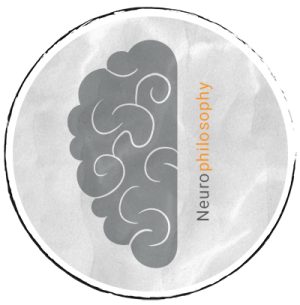What is Neurophilosophy?

Neurophilosophy is an interdisciplinary field that lies at the intersection of neuroscience and philosophy. It explores the relationship between the brain and the mind, addressing philosophical questions related to consciousness, identity, and free will. The aim of neurophilosophy is to provide scientific explanations for issues that philosophers have grappled with for centuries. With recent advancements in neuroscience and related technologies, we now have a better understanding of brain function and its connection to philosophical topics.
In the past, many philosophical questions about the mind and consciousness were raised without a scientific basis because there wasn’t enough knowledge about the brain and how it worked. However, today, neurophilosophy serves as a bridge between philosophical inquiry and scientific data, helping us approach these questions in a more empirical and precise manner. While philosophy focuses on the nature of the mind and consciousness, neuroscience provides insights into how the brain operates. This combination creates a robust foundation for examining and answering both old and new questions.
One of the primary goals of neurophilosophy is to answer questions about the mind-brain connection through neuroscience research. Questions such as “How do physical processes in the brain give rise to mental experiences?” or “What is the relationship between neural activity and thought or emotion?” are central to the field. Scientific research has shown that many cognitive processes, such as memory, decision-making, and consciousness, are driven by specific neural activities in the brain. Neurophilosophy integrates these scientific findings with philosophical questions to offer a deeper understanding of the mind and human experience.
Additionally, neurophilosophy enables us to approach complex issues, such as the distinction between the mind and the brain, in a more scientific manner. While philosophers have historically sought to answer questions about the nature of consciousness and the mind, modern neuroscience can now provide scientifically supported answers to these inquiries. For instance, brain imaging technologies have shown that various brain processes can be directly linked to specific mental states. These discoveries help us better understand how the brain simultaneously produces complex mental experiences.
Neurophilosophy also examines how the brain influences human behavior and decision-making. This leads to questions such as whether our decisions and actions can be fully explained by brain processes, or if something beyond the brain plays a role. Neurophilosophy aims to answer these questions by using neuroscientific data to show how the brain and nervous system affect our behaviors and experiences.
As an interdisciplinary field, neurophilosophy allows philosophers to reexamine their theories using scientific data, aligning them with findings from neuroscience. It also provides neuroscientists the opportunity to apply philosophical approaches to further analyze the results of their research. This blend of knowledge and methodologies enhances our understanding of the mind and brain, helping to answer the profound questions that have captivated human thought for centuries.
